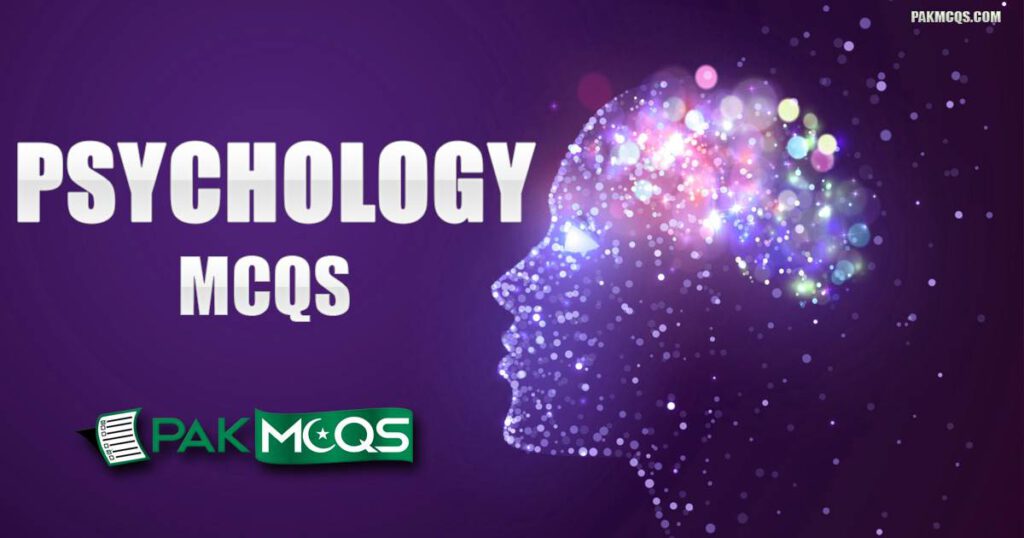A. Sodium valproate
B. Lithium carbonate
C. Carbamazepine
D. Gabapentin
Psychology Mcqs
Psychology Mcqs for Preparation – These Multiple Choice Questions are important for Lecturer Psychology, Clinical psychologist, Counselling psychologist, Educational psychologist and Forensic psychologist Jobs tests. Psychology Mcqs questions are very important for all type of exams conducted by Fpsc, Nts, Kppsc, Ppsc, Spsc, Bpsc, Ots, Uts, Pts, Cts, Ats, etea and other testing agencies of Pakistan.
| PSYCHOLOGY MCQS | |||
|---|---|---|---|
| 1. Introduction to Psychology | 2. Emotions | ||
| 3. Therapy | 4. Memory | ||
| 5. Intelligence | 6. Infancy And Childhood | ||
| 7. Health Psychology | 8. Forensic Psychology | ||
| 9. Branches of Psychology | 10. Attitudes, Attributions And Social Cognition | ||
| 11. Adolescence And Adulthood | 12. Abnormal Psychology | ||
| 13. Social Psychology | 14. Sensation And Perception | ||
| 15. Research Methods | 16. Psychology Theories | ||
| 17. Psychological Disorders and their Treatment | 18. Personality | ||
| 19. Organizational Psychology | 20. Nervous System | ||
| 21. Motivation | 22. Methods and Approaches | ||
| 23. Methodology | 24. Major Thinkers in Psychology | ||
| 25. Learning | 26. Language And Thought | ||
| 27. Interpersonal Relations And Group Processes | 28. Industrial Psychology | ||
| 29. Educational Psychology | 30. Developmental Psychology | ||
| 31. Criminal Psychology | 32. Coordination | ||
| 33. Cognitive Psychology | 34. Biological Foundations of Behavior | ||
| 35. Miscellaneous Psychology | 36. | ||
A. Sit still
B. Move their arms
C. Speak
D. Breathe
A. Huntington’s disease
B. Coeliac disease
C. Paget’s disease
D. Parkinson’s disease
A. Anhedonia
B. Amnesia
C. Aphasia
D. Ataxia
A. Anti – Inflammatory
B. Sedatives
C. Stimulants
D. Anti – Psychotics
A. Frequent urination
B. Incessant, constant worry about something unimportant
C. Extreme paranoia
D. Frequent feelings of hopelessness and despair
A. Electro – Conclusive Therapy
B. Electric – Conclusive Therapy
C. Electro – Conductive Therapy
D. Electric – Conductive Therapy
A. childhood unconscious conflict that led to the behavior
B. repressed that instigate aggressive behavior
C. inappropriate thought patterns that underlie the behavior
D. ways in which the behavior keeps the client from becoming self – actualized
A. client – centered therapy
B. behavior therapy
C. psychoanalysis
D. cognitive therapy
A. Decreased spontaneous movement
B. Auditory or visual hallucinations
C. Expression of delusional beliefs
D. Suspiciousness


